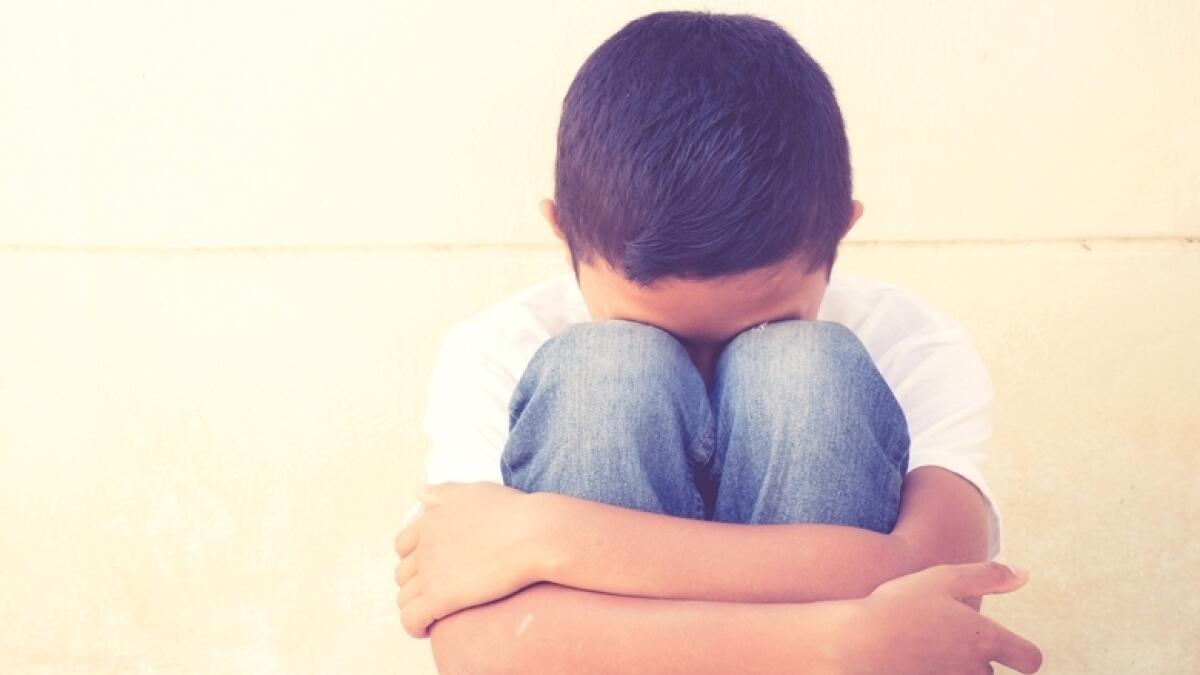The impact of intense bullying on an 11-year-old girl named Maryam Al Shehhi has brought attention to the serious consequences of insults and verbal abuse on children. Experts warn that bullying can weaken the immune system, lead to heart issues, and have long-lasting effects on mental health. Dr Adnan Ahmadiazad, a psychiatrist, explained that bullying triggers a child’s biological stress response, weakening the immune system and increasing inflammation. Chronic stress can also lead to cardiovascular issues due to increased blood pressure and heart rate.
Apart from physical health impacts, bullying can have lasting psychological effects on children. Those who have been bullied are prone to mental health issues such as anxiety, depression, and low self-esteem. Anxiety and depression can lead to unhealthy coping mechanisms like eating disorders. Dr Ahmadiazad explained that some children may restrict food intake or binge-eat to manage their emotions, contributing to eating disorders. These issues can manifest in ways that deeply affect both social and academic performance.
Parents need to be vigilant in recognizing signs that their child may be struggling with the effects of bullying. Changes in behavior, withdrawal from friends or activities, increased anxiety, frequent complaints of headaches or stomach aches, and changes in eating or sleeping patterns are red flags. Early intervention is crucial, and if signs of self-harm or expressions of worthlessness are noticed, professional help should be sought immediately.
Preventive action is essential to combat the long-term effects of bullying. Schools should implement strong anti-bullying policies and conduct workshops to teach empathy and conflict resolution. Dana Berri, a psychologist, recommended regular workshops for children to develop social skills and empathy for their peers. Parents should also be involved in their children’s academic and social lives, as showing interest and support significantly boosts their self-confidence.
For children recovering from bullying incidents, coping strategies such as deep breathing exercises, sports, and creative outlets like writing or sketching can help. Living a healthy lifestyle with balanced meals and adequate sleep is also crucial. By taking preventive measures, recognizing warning signs, and providing necessary support, parents and schools can help children overcome the negative effects of bullying and improve their emotional well-being and academic performance.











